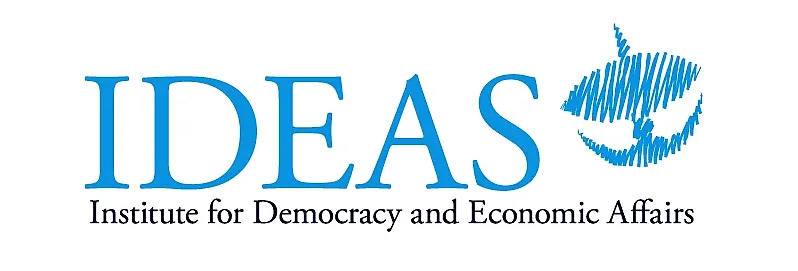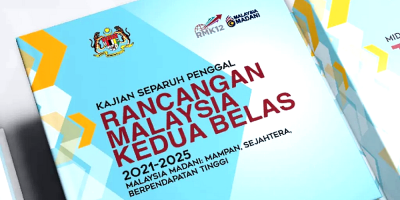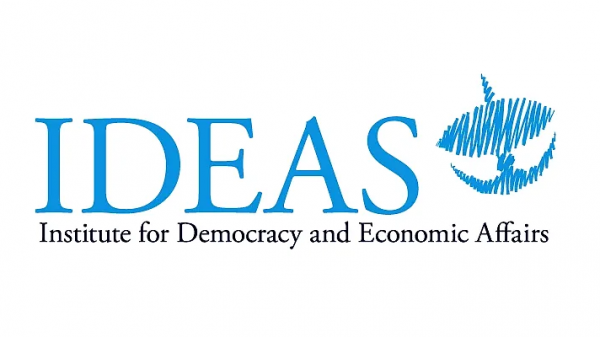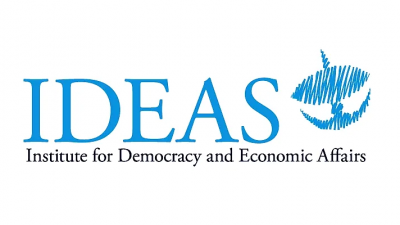
The Institute for Democracy and Economic Affairs (IDEAS) warns against the possibility of withdrawing Malaysia from the Comprehensive and Progressive Agreement for Trans-Pacific Partnership (CPTPP), as has been advocated by certain groups.
IDEAS emphasizes that based on the Cost-Benefit Analysis (CBA) published by the Ministry of International Trade and Industry (MITI) in July 2022, being a ratified party to the CPTPP would be a net positive for Malaysia in terms of GDP growth and trade activities.
IDEAS also warned that withdrawing now would be extremely harmful to Malaysia’s international reputation.
Instead, IDEAS called for a continuous assessment of the impact of the CPTPP to ensure public buy-in and minimize short-term adjustment costs.
The CPTPP is a mega-free trade deal involving 11 members from across the Pacific Rim. In 2019, the member economies of the CPTPP collectively comprised 13% of global GDP.
Unlike traditional free trade agreements (FTAs), the CPTPP goes beyond providing market access for goods, services and investments to providing high-quality standards on issues such as state-owned enterprises, government procurement, the environment and labor issues.
Such high standards when implemented collectively will improve transparency and governance in trade and investment practices for all participating economies.
As noted by IDEAS CEO, Dr. Tricia Yeoh, “It took Malaysia about eight years of negotiations before Malaysia finally signed the agreement in 2018, after which it took another four years before Malaysia finally ratified it late this year.
“A U-turn now would severely impact Malaysia’s international credibility, and could possibly scare off foreign investors who above all crave stability in a partner country.
“Withdrawing means Malaysian exporters would lose access to the growing CPTPP market, which may possibly involve the economies of the UK, China, Ecuador, Uruguay, Costa Rica and Taiwan in the future.
“We trust that the newly appointed Minister of International Trade and Industry will make a wise decision after seeking counsel from industry players and advisers within the ministry.”
IDEAS points to the quantitative findings of the Cost-Benefit Analysis (CBA) that was released by MITI in July of this year, which suggested that ratifying the CPTPP would be a net positive for Malaysia.
The CBA had projected that ratification would raise GDP by MYR 248.2 billion over the period of 2021 to 2030, thereby raising GDP growth by 1.9% relative to baseline figures in 2030.
As well, the CBA also projected that Malaysia’s trade balance would measure at MYR 235.1 billion in 2030, remaining in surplus at 8.5% of GDP within the same year.
Contrary to claims that not enough research and consultation has been conducted with regards to the CPTPP, IDEAS points out that in fact various publications and impact assessment studies have been carried out during the period of negotiating the TPP and ratifying the CPTPP, while various town hall sessions were also held.
Looking at the concerns raised about the specific provisions of the agreement, the past reports on TPP and CPTPP both found that the Investor-State Dispute Settlement (ISDS) mechanism would lead to better levels of investor protection, while allowing Malaysia to retain its policy space.
Additionally, it was also highlighted that intellectual property (IP) provisions provide a balance of benefits between producers and users.
State-owned enterprises will also be able to continue supporting the Government’s socio-economic agenda, particularly in terms of the Bumiputra development.
A study conducted by the Institute of Strategic and International Studies (ISIS) in 2015 on the original TPP revealed that the government can retain its rights of affirmative action for the bumiputra community.
This includes the right to control goods and services that affect the customs, culture, and religion of the bumiputra.
Provisions on Government Procurement are also a concern as the threshold for supply of goods and services would alter the status quo for bumiputra participants as they now need to compete openly.
Nevertheless, this will only impact businesses above certain thresholds.
Nonetheless, the majority of awardees below the thresholds remain unaffected.
This is evident for the construction contracts, whereby a 30 per cent reservation for bumiputra would ensure their minimum participation.
“Now that the ratification has come into force, we can expect to see a lowering of tariff rates and the elimination of non-tariff measures, which will be felt almost immediately by consumers”, states Dr. Juita Mohamad, Director of Research of IDEAS.
“In the medium to long term, workers are expected to benefit from seeing their wages rising according to the market and its needs.
“In addition, multiple government efforts to upskill and support SMEs, including bumiputra enterprises, need to be improved upon so that a supportive ecosystem can be developed to elevate themselves to the standards expected within the trade agreement.
“In the long run, we expect to see Malaysian businesses flourishing and taking advantage of provisions within the CPTPP to improve their market access.
“Additionally, the economy as a whole will experience welfare gains in the long run.”
IDEAS agrees that there should be greater efforts to encourage more public buy-in of the CPTPP.
While the ratification of the agreement marks an important milestone, we encourage a continuous assessment of the impact of the CPTPP on the ground, to take place within the country and among the CPTPP members.
The appointment of IDEAS and ISIS by MITI as part of the CPTPP review think tank network marks Malaysia’s commitment to continue to assess the benefits of CPTPP post-ratification.
IDEAS also calls for additional support for SMEs to enhance their competitiveness and market-readiness so that they can effectively participate in the supply chain.
ADVERTISEMENT
ADVERTISEMENT







































